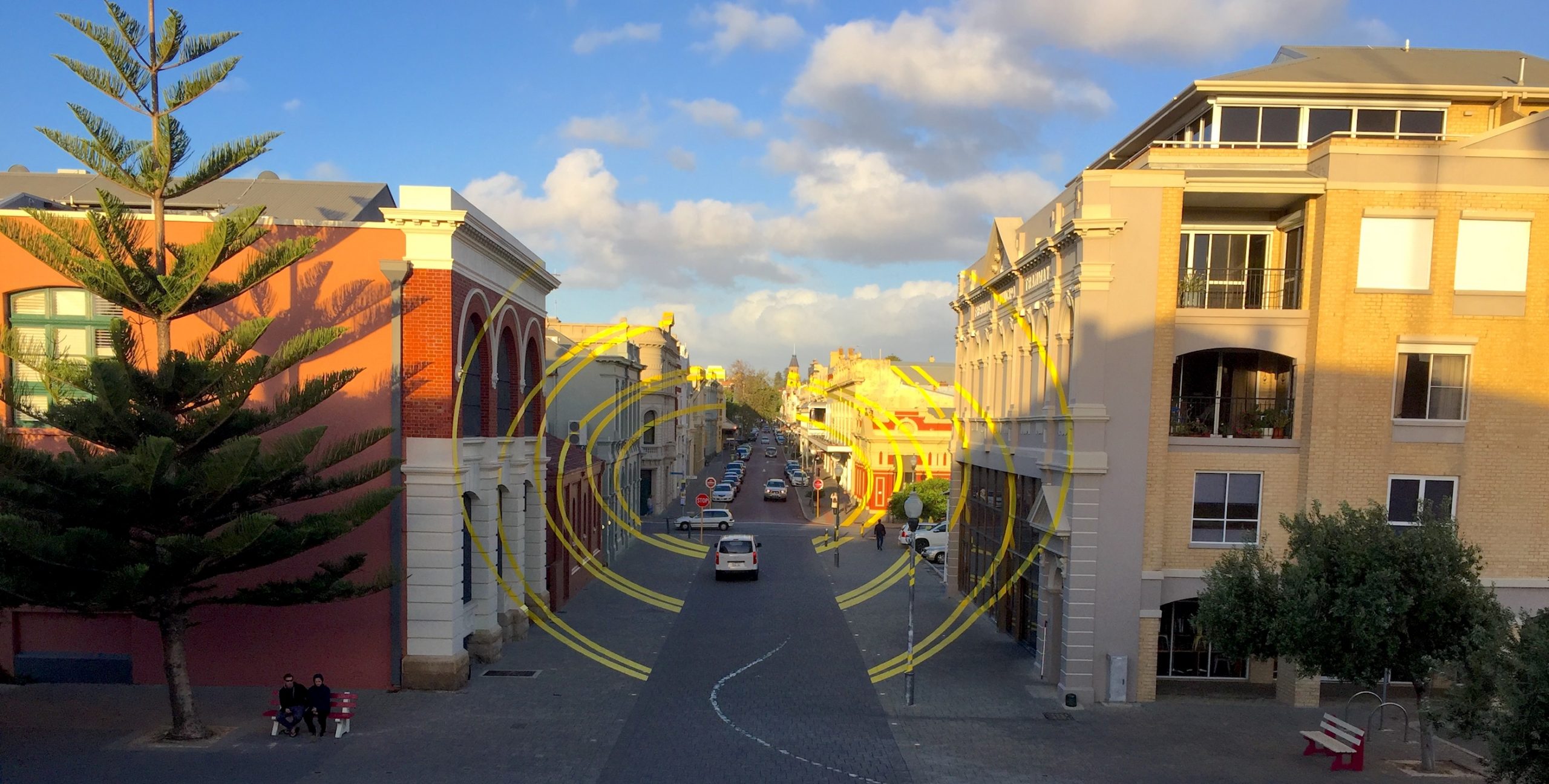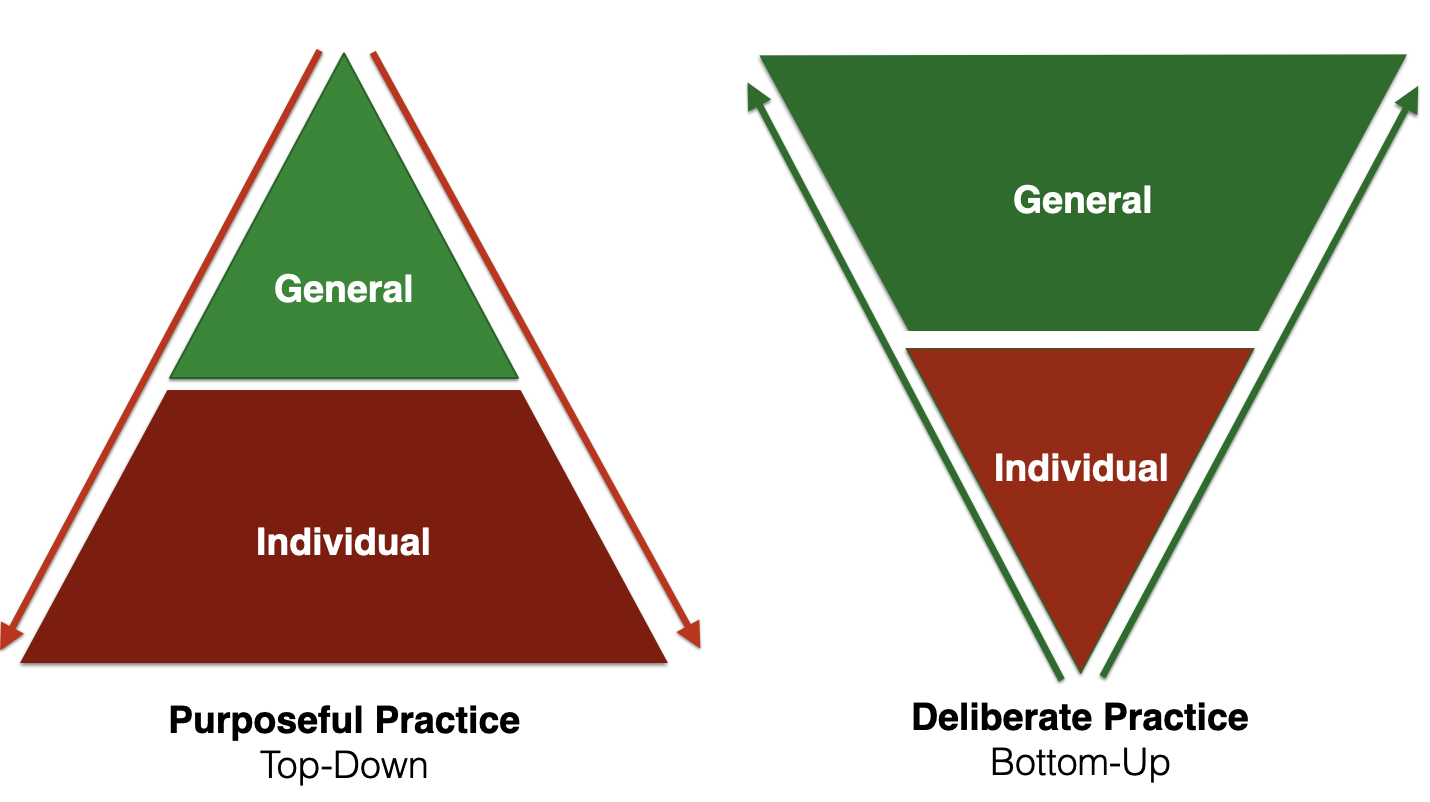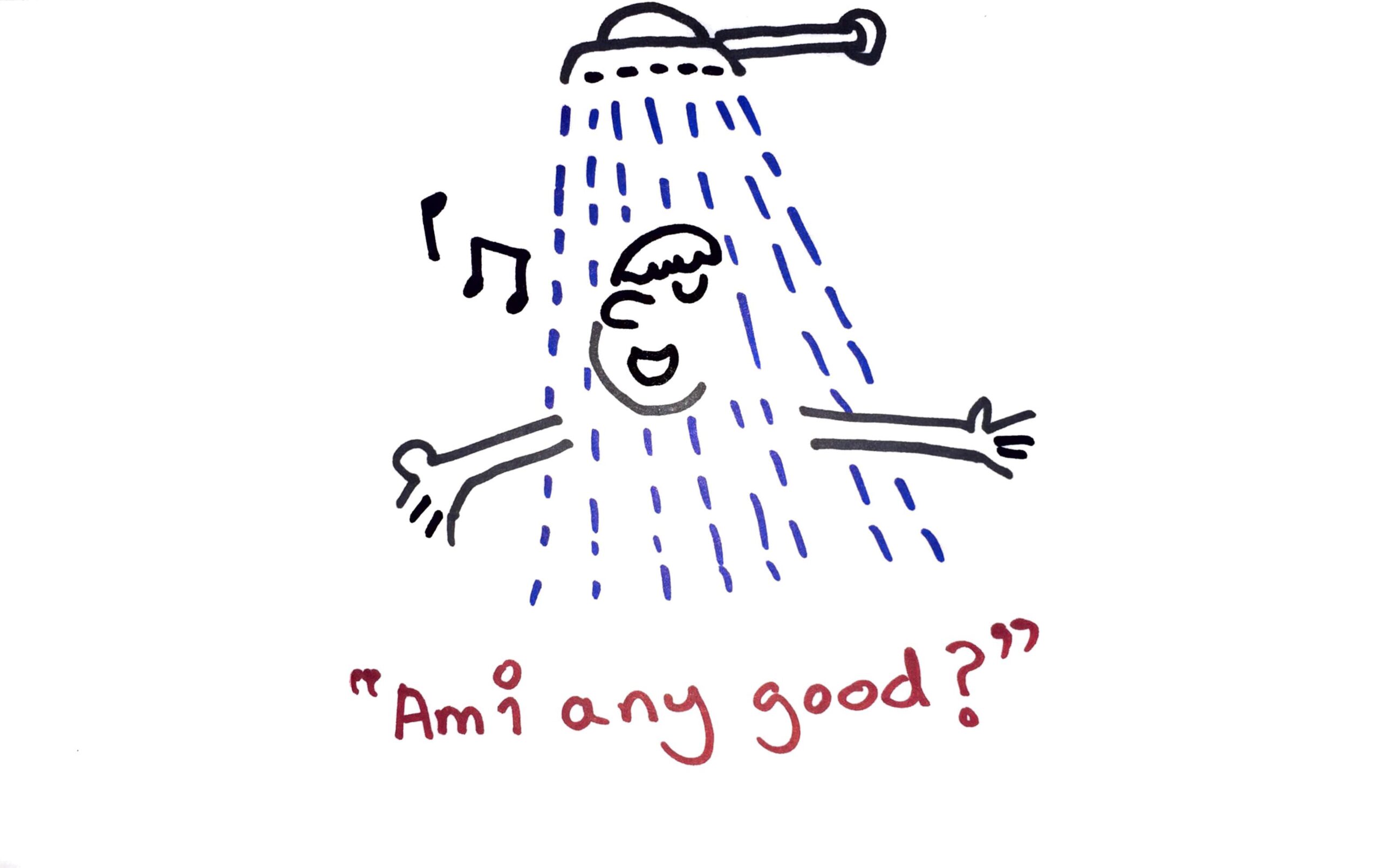You may have seen that there’s been a surge in books about deliberate practice (DP) in psychotherapy.
There is DP for CBT, DP for EFT, DP for DBT, DP for IPT, DP for MI…
The list goes on.
I have nothing against any model-specific approaches. Personally, I found myself drawn to systemic thinking and experiential-based approaches. More recently, I found myself drawn back to depth psychology. Specific approaches offer specific metaphors. Metaphors represent and point to realities.
However, I’m not so sure that it makes sense to think about deliberate practice (DP) for specific schools of therapy.
To me and my co-authors, it sounds more like purposeful practice (PP).
PP is more about competence.
DP, on the other hand, is more about excellence.
(more…)




























Recent Comments